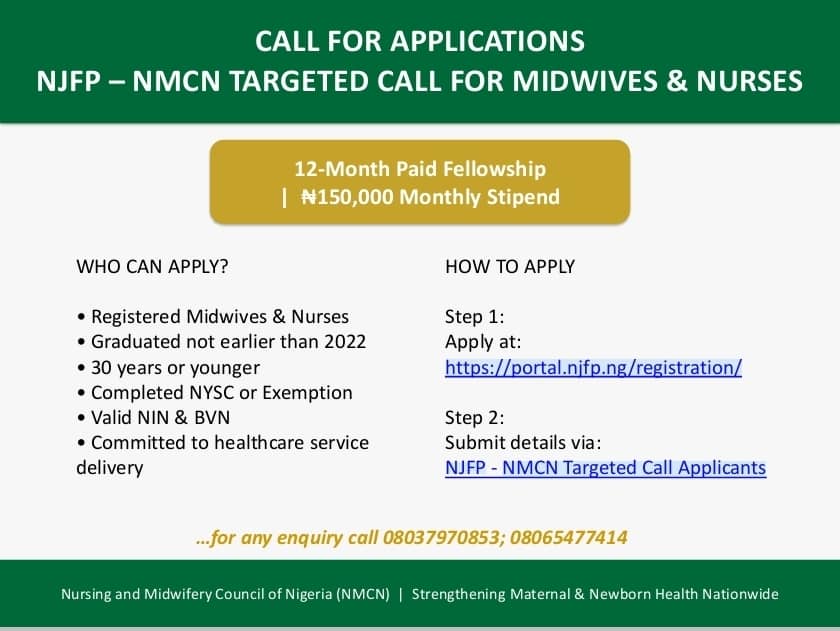A couple of actors and actresses, team of journalists, stakeholders, and medical experts recently, gathered to a very important evening event organized by the Society For Family Health (SFH) in collaboration with Nigeria Malaria Elimination Programme (NMEP) and other partners.
The exciting event, lighted by theatrical performances of beautiful children born by beautiful mothers was very much important because it was a gathering geared towards putting an end to deaths of pregnant mothers, avoidable unsolicited spontaneous abortion, still birth and others caused by severe malaria infection.
It was an evening that drew the battle line between humans and the foot soldiers of the female anopheles mosquito such as Plasmodium vivax, Plasmodium malariae, Plasmodium ovale, and Plasmodium falciparum, which is the most deadly of them all.
At the event, it was noted that even though malaria poses threat to public health, pregnant mothers and infants are more prone to the risks posed by malaria because they have little or no immunity against the infection.
Delivering a lecture on malaria elimination in Nigeria, Professor of Paediatrics and Child Health who is also the Director; Center for Malaria Care at University of Ilorin Teaching Hospital, Olugbenga, Mokuolu, said one in 20 mothers could infect their babies if they have malaria close to delivery.
His lectures also revealed that while there are millions of deaths due to malaria around the globe, Nigeria accounts for 1/3 of the deaths.
“Malaria is responsible for 1/4 of all infant-related deaths and 1/3 of deaths in children under 5 years”, he added.
Mokuolu said a survey conducted by the World Health Organization (WHO) reveals that there were 214 million new cases in the world in 2015.
He said the report also shows that 88% of the cases were from Africa while South East Asia contributed 10% and East Mediterranean region contributed just 2%.
The doctor further advised that it is very important for pregnant women to attend antenatal care, where they are given drugs to prevent malaria infection.
In classifying the levels of transmission and complications malaria poses to pregnant women, the World Health Organization (WHO), reveals that it is dangerous for women who have acquired high immunity against the infection.
It says the tricky infection caused by the vector; Plasmodium falciparum shows no symptoms in such women but yet lives in the placenta, causing the mother to be anaemic and leading to low birth weight.
.jpg) According to WHO, “Both maternal anaemia and placental parasitaemia can lead to low birth weight, which is an important contributor to infant mortality. In high-transmission settings, the adverse effects of P. falciparum infection in pregnancy are most pronounced for women in their first pregnancy.
According to WHO, “Both maternal anaemia and placental parasitaemia can lead to low birth weight, which is an important contributor to infant mortality. In high-transmission settings, the adverse effects of P. falciparum infection in pregnancy are most pronounced for women in their first pregnancy. About women with low immunity, it says, “it may lead to spontaneous abortion, stillbirth, prematurity and low birth weight. In such settings, malaria affects all pregnant women, regardless of the number of times they have been pregnant.”
Low birth weight (LBW)
While there are other reasons for low birth weight, malaria infection, which is preventable, is one of them.
The WHO also reports that the “P. falciparum–infects red cells sequester in the placenta, disrupting nutritional exchange between mother and fetus and causing intrauterine growth retardation.”
A 2015 publication on risk factors for low weight birth in Nigeria noted that when a newborn weighs below 2.5 gram, he is prone to neonatal and post neonatal deaths.
The child is said to be continuously sick and in some cases, it may impair his senses
According to the publication, “Infant with LBW is associated with early and late morbid conditions such as impaired cognitive function, psychological disorders, and coronary heart disease.”
What Pregnant women, Nigerians must do
A Nigeria malaria fact sheet presented by the United States embassy shows that while Malaria contributes an estimated 11% of maternal mortality, it is also responsible for 60% out patients visits and 30% of hospitalizations among children under five years of age in Nigeria.
It also reports that as simple as the malaria case may look, it kills even more than the HIV/AIDS.
“There are an estimated 100 million malaria cases with over 300,000 deaths per year in Nigeria. This compares with 215,000 deaths per year in Nigeria from HIV/AIDS”, it says.
A statement by the Society for Family Health (SFH) noted that Nigeria losses three billion dollars through out of pocket treatment of malaria every year.
This is despite efforts made by public health experts and NGOs such as SFH and Partners to eliminate malaria in Nigeria, through different programs and media advocacy, including provision of malaria drugs especially for pregnant women, distribution of Long Lasting Insecticide Nets (LLINs) through health centers to pregnant women.
Another of the lessons taught on elimination of malaria is the Indoor Residual Spraying, larviciding and managing of the environment.
There have been tremendous improvements in reduction of malaria attacks and negative impact.
However, findings reveals that a huge number of Nigerians have refused to either get the LLINs or go for proper treatment of malaria.
This does not only pose great risk to the patient’s health, but also his productivity.
The WHO in its recommendations advises, “All women living in malaria-endemic areas in Africa to receive intermittent preventive treatment…as part of their antenatal care.”
Nigerians were also advised to seek healthcare services early enough by first of all visiting a laboratory to get tested to ensure proper and adequate treatment.
Finally Nigerians were also advised against self-medication, which could trigger more complications.
By: Doyin Ojosipe
Leadership News
ABUJA: Training Schedule for Basic Life Support BLS, Pediatric Advanced Life Support (PALS), Advanced Cardiovascular Life Support ACLS, First Aid, CPR, AED
PORTHARCOURT: Training Schedule for Basic Life Support BLS, Pediatric Advanced Life Support (PALS), Advanced Cardiovascular Life Support ACLS, First Aid, CPR, AED
LAGOS: Training Schedule for Basic Life Support BLS, Pediatric Advanced Life Support (PALS), Advanced Cardiovascular Life Support ACLS, First Aid, CPR, AED
STOP paying for airtime and electricity, Let your phone pay its bills with ScreenT




